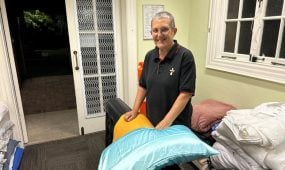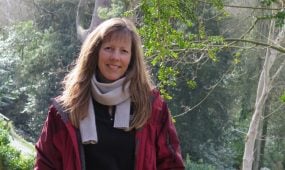Ridley College DFV education and training course reflections
Justice & Advocacy
May is Domestic and Family Violence Prevention Month in Queensland. Several ACSQ clergy and lay leaders recently completed a free self-paced online Ridley College course on domestic and family violence education and effective responding. Three participants share their course reflections, including Bishop Cam Venables, Carole Danby and Jenny Clark
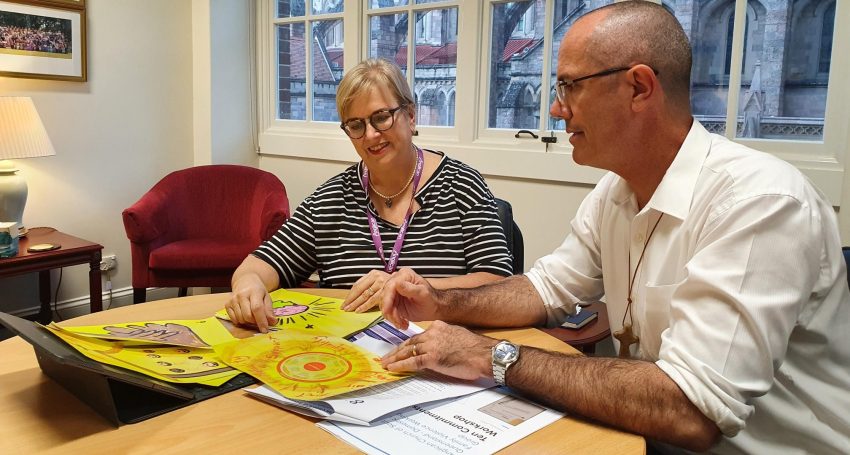
May is Domestic and Family Violence Prevention Month in Queensland. Several ACSQ clergy and lay leaders recently completed a free self-paced online Ridley College course on domestic and family violence education and effective responding. Three participants share their course reflections.
Bishop Cam Venables – Bishop Administrator, Bishop for the Western Region and Acting Chair of the ACSQ Domestic and Family Violence Working Group
As the findings of the National Anglican Family Violence Project became public in 2021 it was a blessing to hear that Ridley College in Melbourne had created a six-unit Certificate Course titled ‘Responding to Domestic Violence’. The lead writer/presenter of the course, Erica Hamence, is a warm and engaging educator who initially trained as a human rights lawyer before theological study led her to lay leadership in Anglican ministry.
As someone who preaches and teaches online each week, as well as face to face, the course gave me new insight into the ways that certain scriptures and doctrine can be used to perpetuate and enable domestic and family violence. For example, the challenge to “turn the other cheek” (Matthew 5.38-39) and “forgive those who persecute us” (Matthew 5.44) have each been used in pastoral ministry to encourage and direct people to stay in relationships that are abusive and destructive. So, when unpacking such verses in a homily there is a responsibility to explain their context and qualify their application.
Advertisement
The course is interactive with self-testing at the end of each unit. The course creates new or deeper awareness about how certain scriptures and doctrines can be used to justify or dismiss domestic and family violence. The course has the potential to create a common understanding between lay leadership and clergy about domestic and family violence within our Deaneries, Archdeaconries, and Diocese. And…the course is free and can be done online in your own time. To register please visit the Ridley College website.
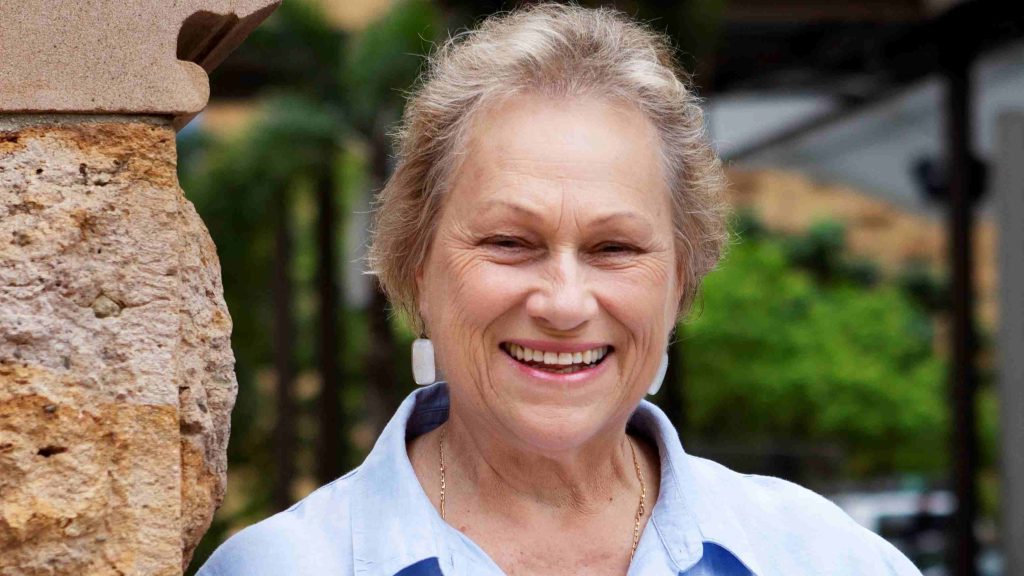
“The single most important learning I received from the Ridley Course is how to examine and critique my faith community’s culture so that members may truly build a place of safety and care for those experiencing DFV (Carole Danby, May 2023)
Carole Danby – Joint Churches Domestic Violence Prevention Project, Queensland Churches Together
The single most important learning I received from the Ridley Course is how to examine and critique my faith community’s culture so that members may truly build a place of safety and care for those experiencing DFV. I benefitted from the real-life experience of the minister presenting the course, who in part talked about preparing sermons. While drafting sermons, she asks herself, “How will someone experiencing DFV listening to this sermon feel – further abused, intimidated, disempowered or empowered, courageous, confident that she/he will be heard, believed and supported?”
Advertisement
I am retired from active ministry, and have been reflecting on my time and realised that my “busyness” may have precluded someone experiencing DFV to feel that they could approach me to disclose what was happening to them. Ensuring that there is a team of people to go to in a church, rather than just the minister, can mitigate this risk. Busy, overworked and stressed ministers may miss the signs or may be more likely to dismiss a person’s disclosure. They may even find it difficult to believe that a person they know well from their church community could do such things – sometimes believing the abuser over the person being abused. Those who choose to use violence against an intimate partner often come across as plausible, charming and persuasive.
Interviews throughout the six-module course, with experts and those who have experienced DFV were very informative, further highlighting the terror that some people endure, often in silent misery. Tell-tale signs such as bruises can be noticed and commented upon, but non-physical abuse can be difficult to recognise.
DFV is pervasive in all communities, and sadly, faith communities are not immune. So this course provides excellent learning opportunities and exercises for ministry leaders to build more inclusive, listening and safer communities.
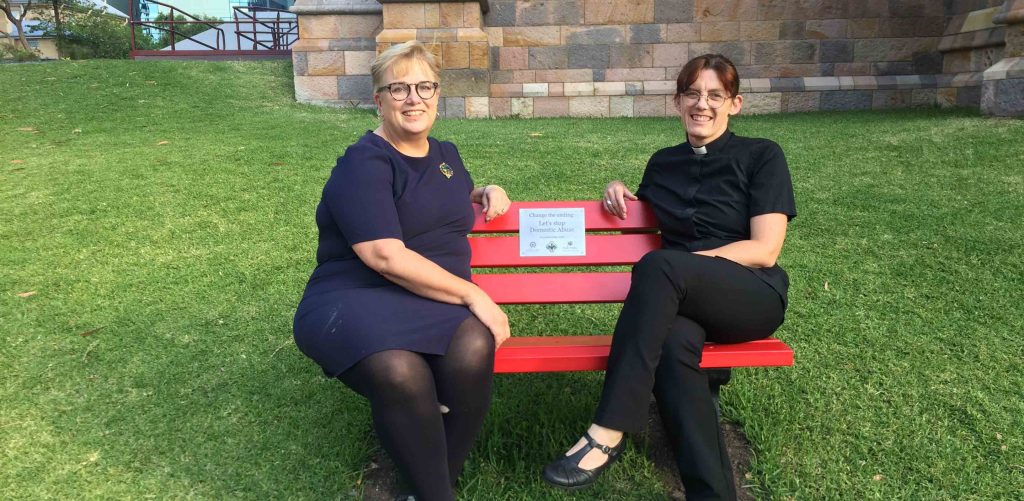
“For me the single most powerful message of the course was that people who use violence use the tools that are available to them. I found this very insightful” (Jenny Clark, pictured with The Rev’d Dr Gemma Dashwood)
Jenny Clark – Domestic and Family Violence Project Officer, General Manager’s Office
For me the single most powerful message of the course was that people who use violence use the tools that are available to them. I found this very insightful.
Any form of abuse comes from the abuse of power. We used to just think of domestic and family violence (DFV) only in terms of physical violence. Some people still think this way.
But there is a growing realisation that abuse manifests in many other forms, just as power and access to resources come in many forms. Such power and resources include connections, knowledge, influence, money, authority, technology access, and even language and persuasion skills. So it is no surprise really to see how Churches and religious communities can become places where knowledge, power and influence are misused. Misuse of theology is a form of abuse which, by definition, is unique to religious organisations.
I intend to use this insight to help explain the diversity of abuse and coercive control by focusing on the tools available in different situations. The concept has also helped me realise that most of the tools used by abusers are equally tools for good and that having these tools and resources available to us is a great gift and, like all great gifts, is a great responsibility.
Clergy and lay leaders may encounter situations where there is DFV in their parishes and other environments. This course will provide a better understanding of DFV in all its forms and will guide the development of good responses. Clergy and lay leaders are also those most likely to encounter people who seek to use scripture to explain, excuse or defend abusive behaviours. The course is very helpful in being able to respond with sensitivity and confidence to such situations.
More information about the Ridley College course
Ridley College offers free self-paced online training targeted at clergy and lay ministers (although anyone can undertake this course). Presented in six self-paced online modules, the course has a particular focus on spiritual abuse and how domestic and family violence can be better understood and responded to in parishes and Church organisations.
The training is self-paced. It may be completed in two to three sessions, although it’s possibly better to pace the course over five or more sessions. The total hours required is around 10-14 hours.
Please visit the Ridley College website for more information.
Other education and training opportunities
Queensland Churches Together also offers training sessions and some great resources in this area. For more information, please visit the Queensland Churches Together website
DVAlert – part of UnitingCare – is also highly recommended. DVAlert offers a free two-hour interactive online (or face-to-face) training session for those interested in learning more about this area, and who require some general grounding and knowledge about how to respond to situations where DFV may be present. Visit the DVAlert website for more information. Enrol in a virtual course or consider hosting a course if you have the numbers to support this.
Note from Jenny Clark, ACSQ Domestic and Family Violence Project Officer: The Anglican Church Southern Queensland (ACSQ) is committed to the rollout of the Ten Commitments as our Church’s response to domestic and family violence. This includes encouraging links with local support services.
The following 24/7 telephone services have a long track record responding to people experiencing domestic and family violence:
- DV Connect 1800 811 811 helps Queenslanders wanting to escape domestic violence.
- 1800RESPECT is a national service providing information, referrals, and counselling.
If you, or the person you are assisting, are in immediate danger please call the Police on 000.



